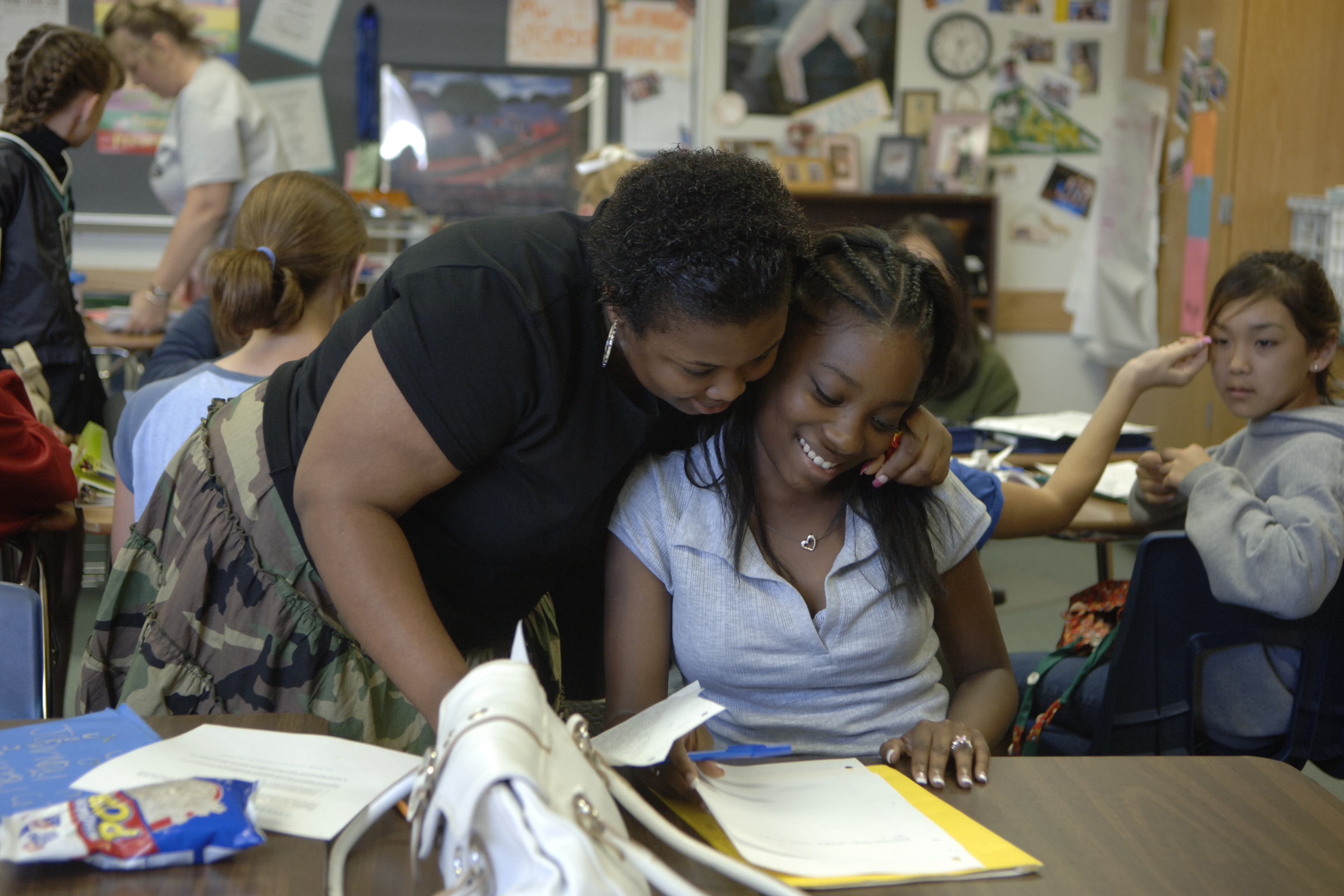Tens of thousands of Puerto Ricans have moved to Florida after Hurricane Maria, a migration so large that, according to the New York Times, it rivals those from New Orleans to Houston after Hurricane Katrina.
Public Policy Professor Edith Barrett says that Katrina may offer some lessons for the current situation. Barrett studied the effect of schools on students experiencing relocation in the aftermath of that hurricane. As part of the study, published in Urban Education and funded by the National Science Foundation, Barrett and colleagues collected data from 46 middle and high school students across six months.
Here, Barrett discusses what the findings indicate for teenagers who experienced the dramatic changes of Hurricanes Maria and Harvey.
What did you find when you studied the role of public schools in the lives of teens forced to relocate because of Hurricane Katrina?
Schools, and in particular, teachers were often a first line of contact for relocated students. The relocated middle and high school students we surveyed knew virtually no adults in the new location outside of their immediate families, and thus many turned to their teachers for help in finding services for their families and in addressing daily challenges. Not all teens looked to their teachers (or principals) for help, but those who did, fared better in terms of social and emotional well-being than those who did not ask for help.
Some of the school districts were proactive in helping the students who were placed in their schools. They reached out to students, especially through social workers, to ask them about their needs. Some even went so far as to add southern Louisiana cuisine to the school lunch menu to make the students feel more welcome. However, most did nothing beyond their normal activities.
Were you surprised by anything in the study?
Every teacher will attest to how much they do beyond teaching. Thus, we were not surprised that the teachers played such an important role. We – and the teachers we interviewed – were disappointed at how ill-prepared teachers were to address the needs of their students, however.
Few teachers had the background knowledge to be able to help students when asked. Although they could offer sympathy and a listening ear, they did not know what resources were available for the students and their families or where to send the students, nor were they trained on addressing the social-emotional needs of displaced children.
Based on your research, what do you know about the current situation faced by youth in Puerto Rico, following Hurricane Maria, and Texas, following Harvey?
The relocation of families following Hurricanes Katrina and Rita in 2005 was quickly planned. Many families ended up in cities unknown to them, cities in which they had no relatives or friends. Within days of the storms, the schools in these cities found themselves scrambling to find space in their classrooms for the influx of children. Perhaps because Puerto Rico is an island and relocating large numbers of people to the mainland would be too costly, there has not been the same government-funded relocation effort. Instead, families have come to the mainland primarily on their own, electing to relocate in areas in which they already have relatives or friends. Thus, the demands on the schools have been different.
Teachers … will no doubt be a part of the healing for the children.
— Edith Barrett
The schools have had to find the financial resources to fit more students into their buildings, hire more teachers if needed, and feed more students in the school breakfast and lunch programs. But because the relocated families tend to have a community in the new location, the schools do not necessarily need to be the first line of assistance for children. On the other hand, lessons learned from Hurricane Katrina suggest that the children will have emotional issues associated with leaving home and traveling to a new place. Teachers may not be called upon to help students find resources, but they will no doubt be a part of the healing for the children.
What adjustments could we make, as a society, given your findings?
Teachers clearly played an important role in helping students adjust, and thus, our recommendation from the research is that schools need to be better prepared for future similar situations. It could be as simple as providing teachers with a resource handbook, or as in-depth as training teachers on working with displaced students. To expect municipalities, the Red Cross, or other disaster relief organizations alone to be able to reach displaced students is missing the most obvious connections: the teachers and the schools.



